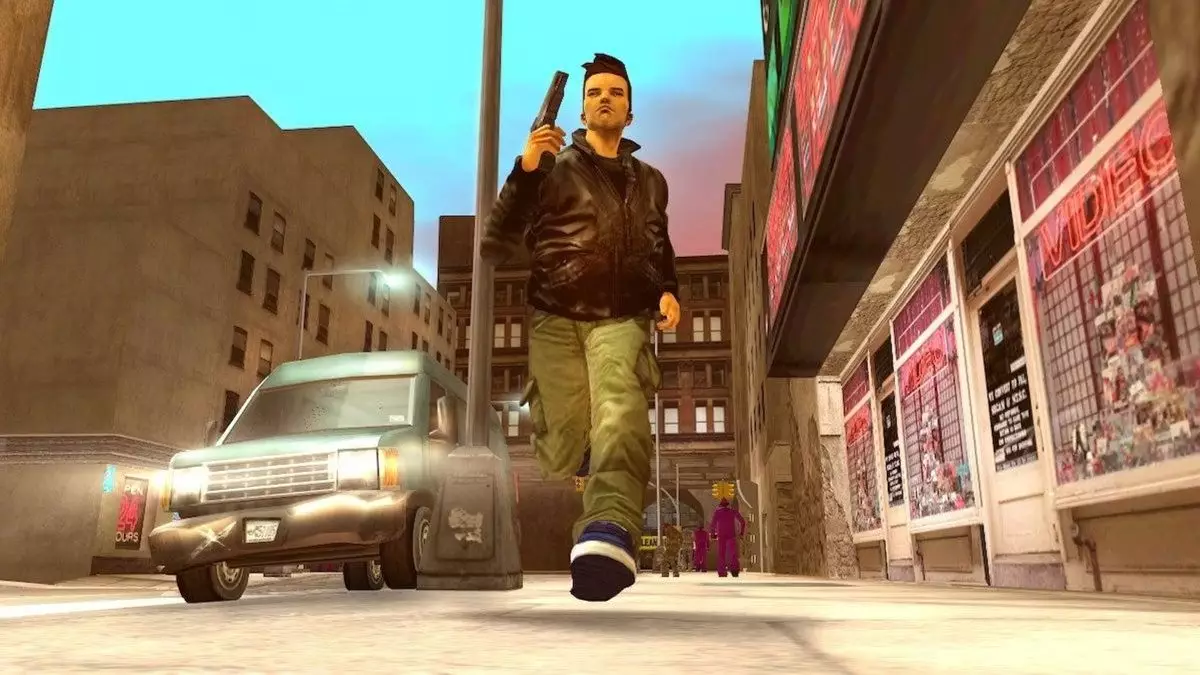In the early 2000s, the gaming landscape underwent a significant transformation with Microsoft’s entry into the console market through the launch of the Xbox. This move sparked increased competition, and as the head of Sony Computer Entertainment Europe, Chris Deering revealed, the company was on high alert. Sony, having already established a strong foothold in the gaming industry with its PlayStation brand, felt the heat from a new rival that could potentially disrupt their momentum. This growing anxiety among Sony executives led to a strategic decision that would later play a vital role in cementing the PlayStation 2’s legacy as a dominant force in gaming.
To combat the impending competition, Sony executives initiated discussions with key third-party developers and publishers, seeking to secure exclusive titles that would give PlayStation a competitive edge. According to Deering, the urgency of the situation was palpable; just before the launch of the Xbox, Sony approached developers with compelling offers. The goal was to keep major game releases confined to the PlayStation platform for a minimum of two years. Among the most pivotal deals struck was with Take-Two Interactive for the next trio of Grand Theft Auto titles. At that time, the future potential of these games was still largely unknown, and the decision to secure exclusivity seemed like a gamble.
Deering recounted the pivotal moments that surrounded the acquisition of the Grand Theft Auto licenses. The third installment in the series, GTA 3, was an evolutionary leap from its predecessors, which had mainly used a top-down perspective. Little did anyone realize that this title would redefine open-world gameplay and become a cultural phenomenon. Upon its release, GTA 3 not only garnered critical acclaim but also reached commercial heights that fundamentally altered the trajectory of the gaming industry. It solidified the reputation of the Grand Theft Auto franchise, elevating it to one of the most recognized and lucrative names in gaming history.
In hindsight, Deering acknowledged the fortuitous nature of the deal. Sony not only secured a lifeline to bolster PlayStation’s market presence but also offered Take-Two a fair arrangement that provided financial incentives, including reduced royalties. This mutual benefit illustrates how strategic partnerships in the gaming industry can yield fruitful outcomes, fostering growth for developers while maintaining competitive advantages for console makers. Despite the unpredictable nature of the gaming market, Sony’s swift decision-making paved the way for a robust ecosystem that would dominate for years.
Ultimately, the story behind Sony’s exclusive agreements and their relationship with Take-Two provides an insightful look into the dynamics of the gaming industry. The foresight to invest in exclusive game deals not only shielded Sony from the encroaching competition but also helped shape the very direction of gaming as we know it today. With the success of the Grand Theft Auto series as a key example, it’s clear that strategic moves made during a time of uncertainty can lay the groundwork for lasting impact and resilience in an ever-evolving market.

